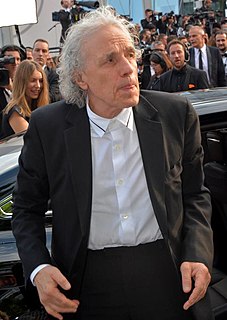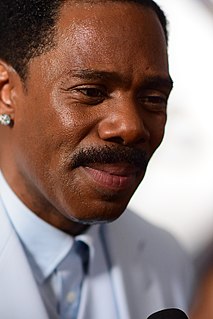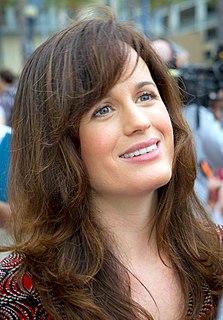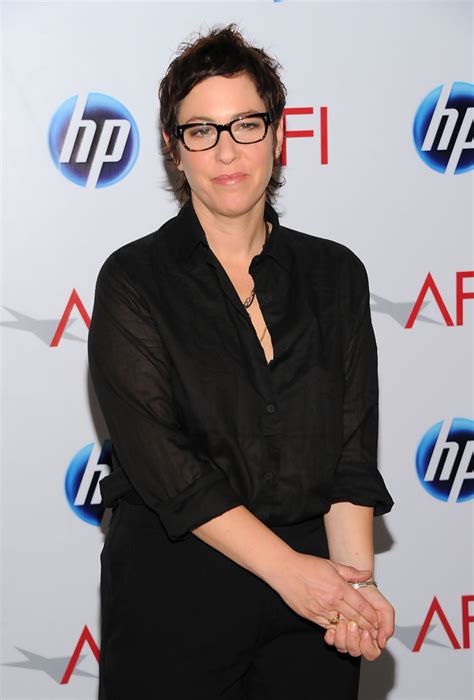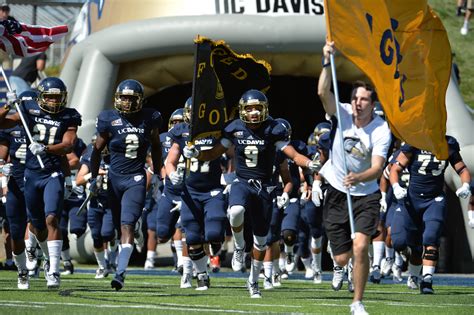A Quote by Barry Jenkins
'Moonlight' isn't an issue film. It's not about addiction, it's not about sexuality, it's not about identity. It's about all these different layers, because they are all a part of the character.
Related Quotes
Depression is about anger, it's about anxiety, it's about character and heredity. But it is also about something that is in its way quite unique. It is the illness of identity, it is the illness of those who do not know where they fit, who lose faith in the myths they have so painstakingly created for themselves. It is a plague - especially if you add in its various forms of expression, like alcoholism, anorexia, bulimia, drug addiction, compulsive behavior of one kind or another. They're all the same things: attempts to avoid disappearance, or nothingness, or chaos.
I hired a publicist once I got cast in 'Passing Strange,' and one of the first conversations we had was about how I wanted to handle talking about my sexuality. I said, 'It's never been an issue for me. I want to talk about my work, but if something about myself relates to my work, of course I'll talk about it.'
I am rather partial to Shakespeare, though I haven't done loads. But when it's done right, there's nothing like it. There are layers upon layers upon layers, and you unpack new things constantly. I don't know how he knew so many things - about the world, about women, about human nature, life, death, our fears and hopes.
This film isn't about "white racism", or racism at all. DEAR WHITE PEOPLE is about identity. It's about the difference between how the mass culture responds to a person because of their race and who they understand themselves to truly be. And this societal conflict appears to be one that many share.
I don't come from a film background. I haven't learned anything about films or film-making. But I have a thirst to know everything about my profession. I want to learn about cinematography, about editing, about music recordings, about post-production. So when people in the know talk, I willingly listen.
What does it mean to be an American today? The question of that is always pointing at now. It allows someone to say what lens that will be through. A lot of my work has been about identity in different ways. Part of that for me falls into the question of gender identity certainly but also about what it means to be an American theater artist.

